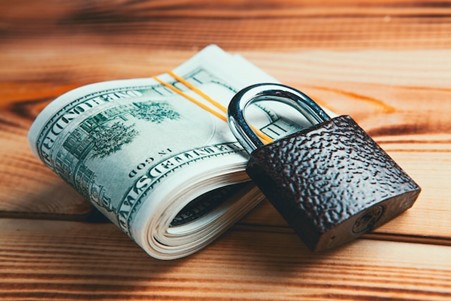Many face the balancing act of saving money or paying off debt.
Come payday, a common struggle for many is deciding where to devote their hard-earned money. Should it go to their savings? Or should they pay down their debt? The truth is, there’s no right answer.
The answer varies on a case-to-case basis. It depends, in part, on whether one already has sufficient savings in their emergency fund and how much their high-interest debt is.
Rob Rosolanko explores this common financial struggle and discuss the pros and cons of each to help everyone make informed decisions that align with their financial goals.
Financial Foundation: The Importance of Saving
Having savings not only provides financial security in case of emergencies but also lays the foundation for achieving one’s long-term goals.
Experts advise prioritizing emergency savings. Should an unexpected expense arise, there would be a fund to cover the cost. Without savings, one would have to resort to taking out another personal loan or using high-interest credit cards, which could potentially compound their debt and amplify the problem even more.
According to Bankrate’s 2023 Annual Emergency Savings Report, only 43 percent of Americans have the ability to pay for an unexpected expense of $1,000 from their savings. And out of all adults in the country who have an emergency fund set up, 57% of them said that they’re not comfortable with the amount they have in their emergency savings.
Establishing an Emergency Fund
Spokesperson for the National Foundation for Credit Counseling Bruce McClary says that an emergency fund should contain at least 3 months’ worth of one’s take-home pay. Some experts recommend setting aside 3 to 6 months’ worth of living expenses. This money should only be used to cover emergency expenses such as medical bills or car repairs.
While there are guidelines, there is no definite standard for how much to set aside monthly and how much an emergency fund should contain. A good place to start is by deciding how many months’s worth of emergency savings is personally ideal.
Multiply that by the total amount of non-negotiable monthly expenses such as groceries, transportation, insurance, and housing. For someone who wants to save for a 6-month emergency fund and spends $4000 on monthly expenses, $24,000 is the ideal amount that their emergency fund should contain.
How much to save depends on one’s personal situation. For instance, an entrepreneur with a variable income should save more than half a year’s worth of expenses. On the other hand, a business owner who is financially secure might only need 3 months’ worth of emergency savings.

Financial Freedom: The Importance of Paying Off Debts
Clearing debts not only reduces financial stress but also paves the way for future opportunities and investments. For many individuals, it’s important to regain control of their financial lives.
The golden rule of paying down debt is to focus on high-cost debt with no collateral like high-interest personal loans or credit cards. For those who aren’t paying any high-interest debt, it’s ideal to pay off debt balances little by little while setting aside money for savings.
Of course, one should prioritize paying off any debt that’s overdue to avoid damaging their credit score. Overdue credit card payments result in late fees and overdue mortgage payments could result in a foreclosure.
To save, or to pay off debt? The answer lies in one’s unique financial situation. Both saving and paying debts have their advantages, and the ideal strategy depends on a case-to-case basis. Ultimately, a combination of disciplined saving and strategic debt management are keys to financial security.
